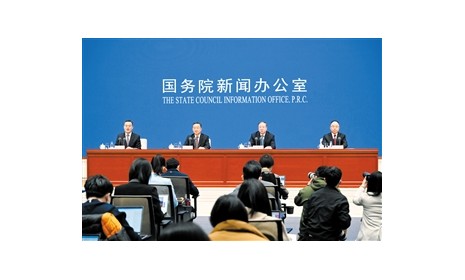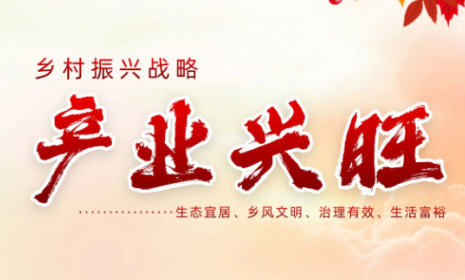2024年3月6日,据欧盟食品安全局(EFSA)消息,应欧盟委员会要求,欧盟动物饲料添加剂和产品(FEEDAP)研究小组就莫能菌素钠(monensin sodium)作为育肥鸡、产蛋鸡、育肥火鸡和繁殖火鸡饲料添加剂的安全性和有效性发表科学意见。
部分原文报道如下:
Following a request from the European Commission, EFSA was asked to deliver a scientific opinion on the safety and efficacy of monensin sodium (Coxidin®) as a coccidiostat for chickens for fattening, chickens reared for laying, turkeys for fattening and turkeys reared for breeding. The additive currently on the market complies with the existing conditions of authorisation. The FEEDAP Panel concluded that Coxidin® remains safe for turkeys for fattening (up to 16 weeks) and extends this conclusion to turkeys reared for breeding (up to 16 weeks). The Panel was not in the position to confirm that the current maximum authorised level of 125 mg monensin sodium/kg complete feed remains safe for chickens for fattening and chickens reared for laying. The use of monensin sodium from Coxidin® at the corresponding maximum authorised/proposed use levels in the target species is safe for the consumer. The existing maximum residue levels (MRLs) for poultry tissues ensure consumer safety. No withdrawal time is necessary. Both formulations of Coxidin® pose a risk by inhalation. The formulation with wheat bran as a carrier was neither irritant to the skin nor a skin sensitiser but it was irritant to the eyes. In the absence of data, no conclusions could be made on the potential of the formulation containing calcium carbonate to be irritant to skin and eyes and to be a skin sensitiser. The use of monensin sodium from Coxidin® in complete feed for the target species poses no risk for the terrestrial compartments and for sediment. No risk for groundwater is expected. For chickens for fattening the risk for aquatic compartment cannot be excluded, but no risks are expected for the other animal categories. There is no risk of secondary poisoning. Coxidin® is efficacious in controlling coccidiosis at a level of 100 mg/kg complete feed for chickens for fattening and at 60 mg/kg complete feed for turkeys for fattening. These conclusions are extended to chickens reared for laying and turkeys reared for breeding. The Panel noted that there are signs of development of resistance of Eimeria spp. to monensin sodium.













